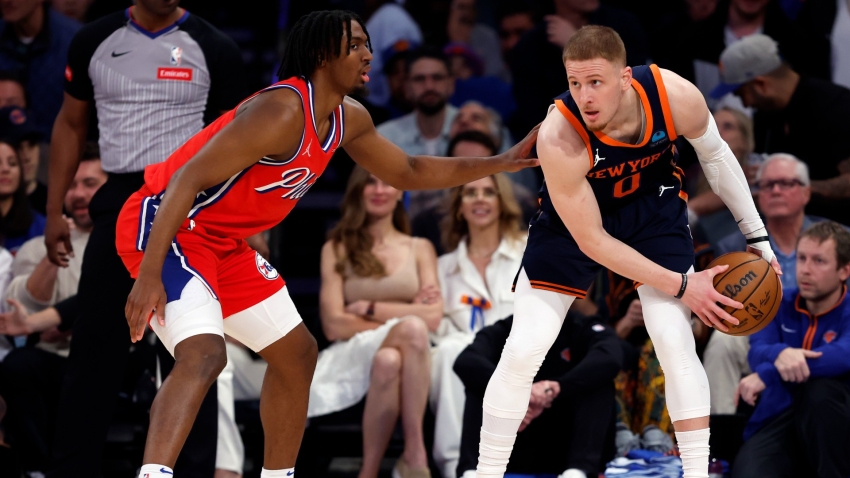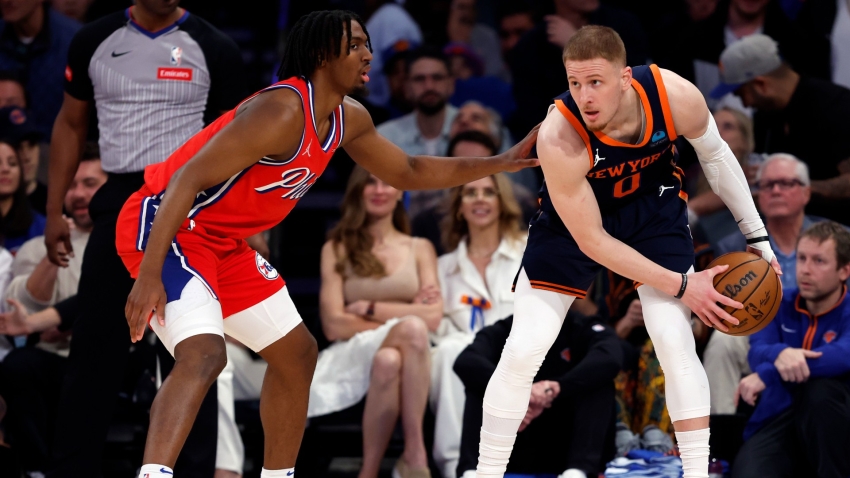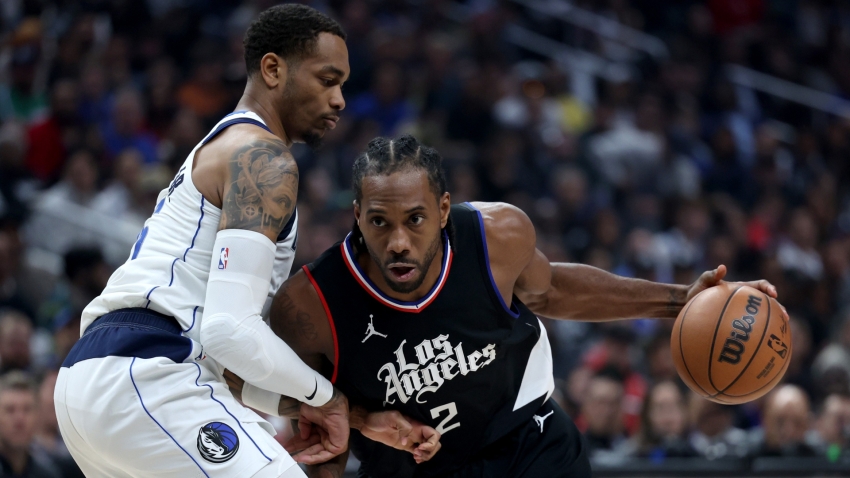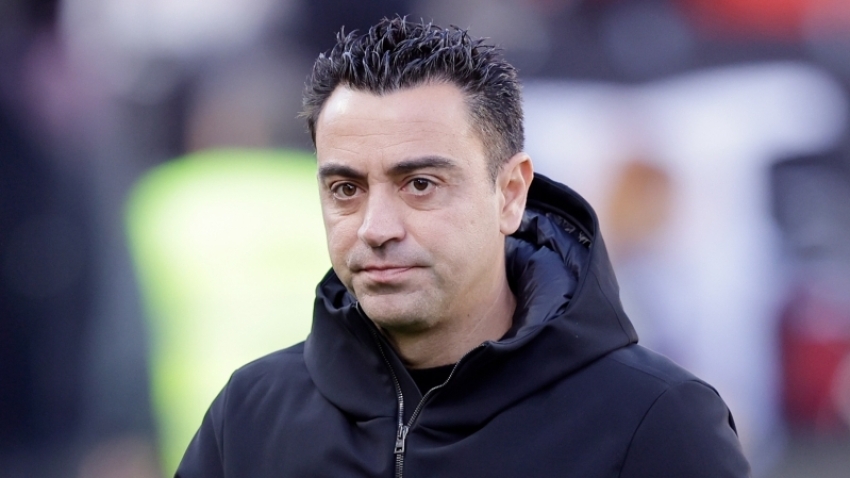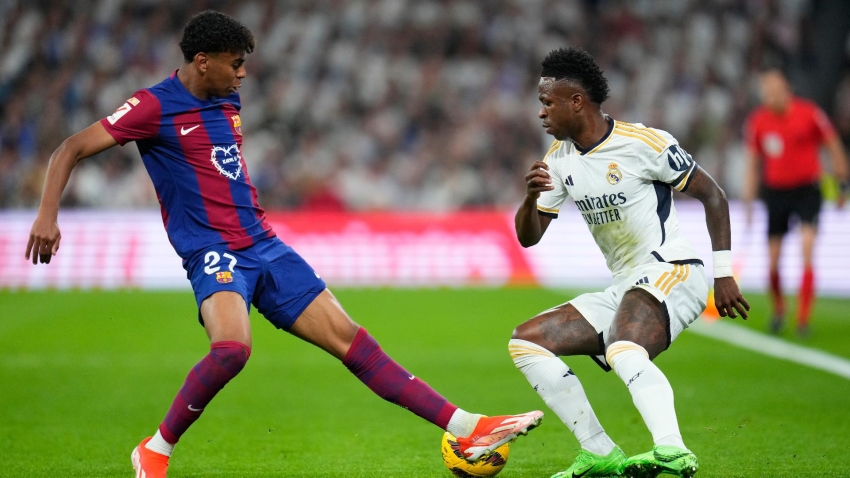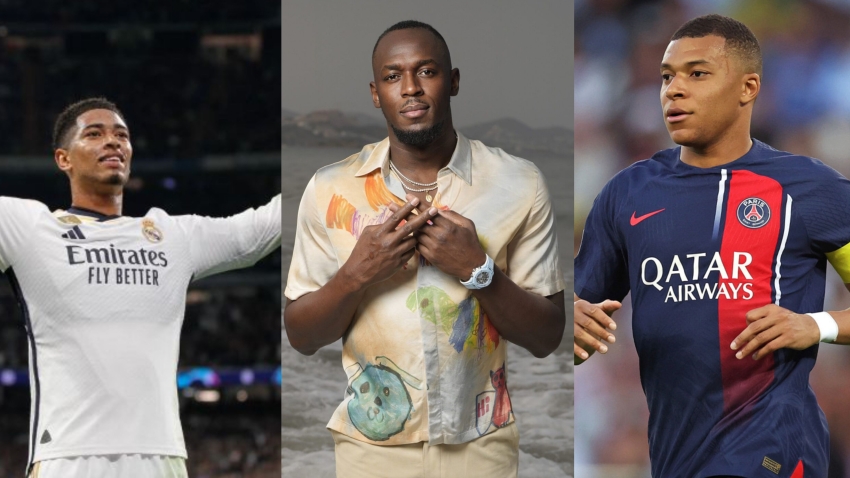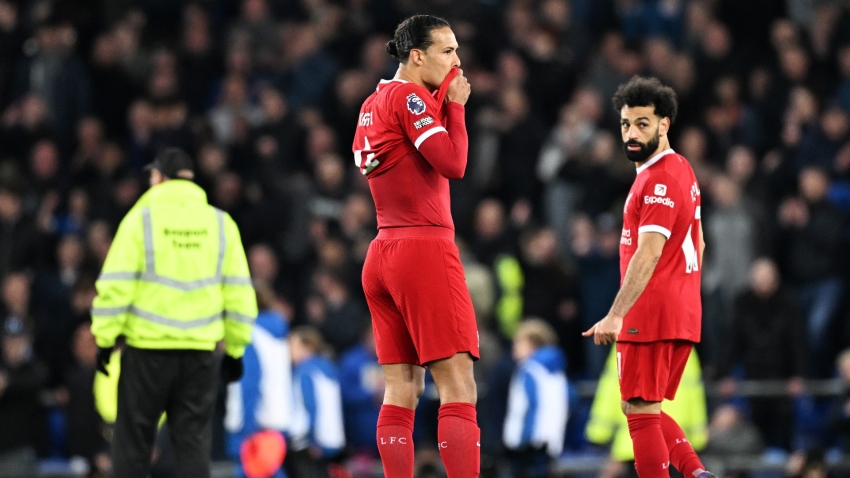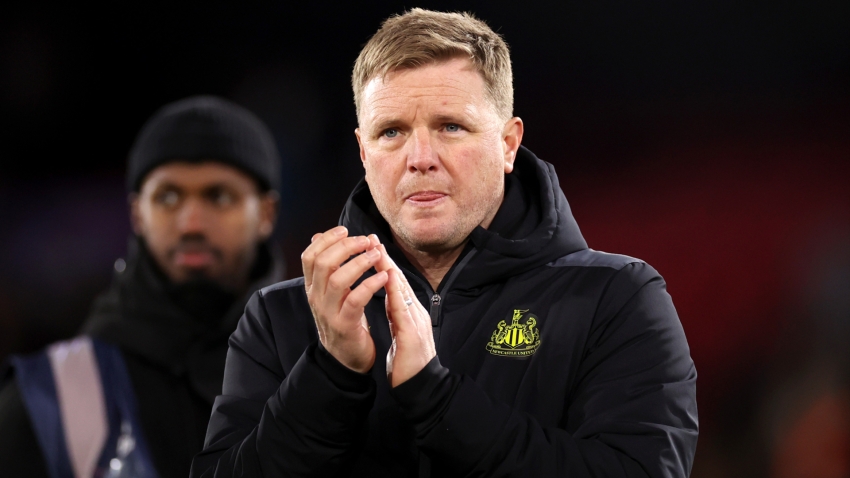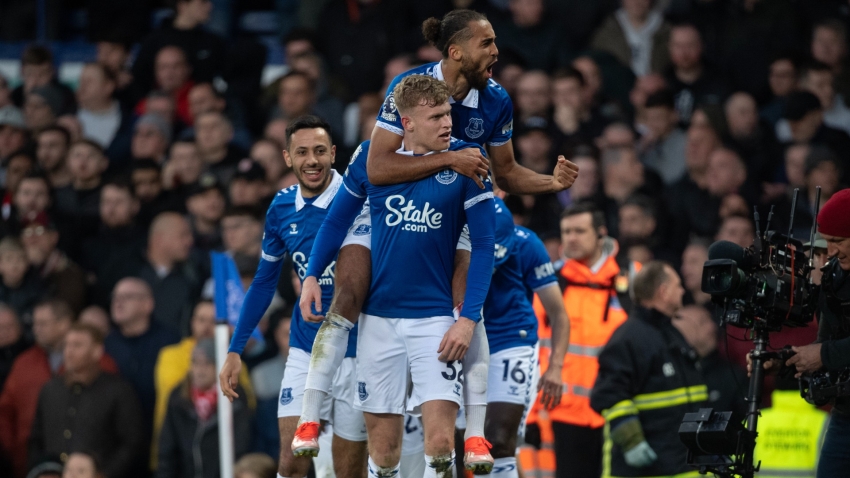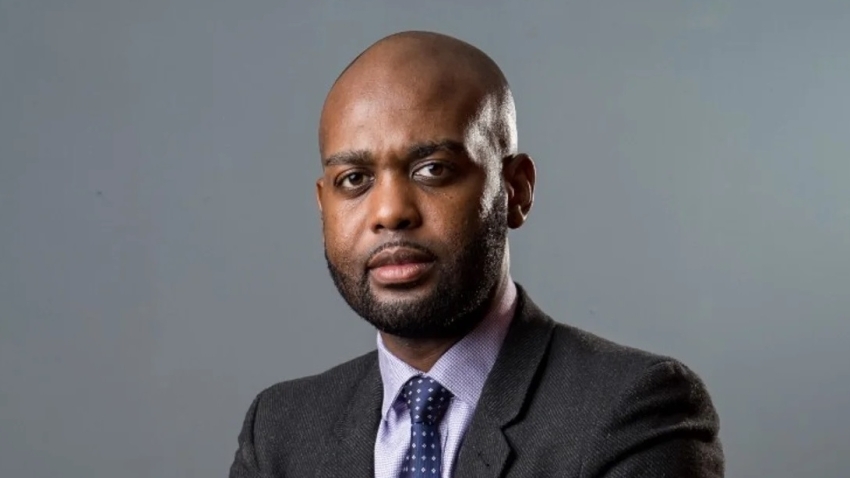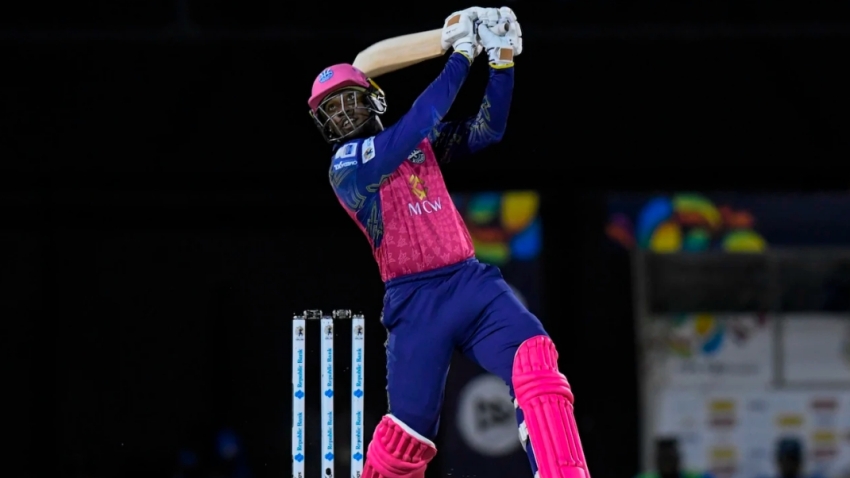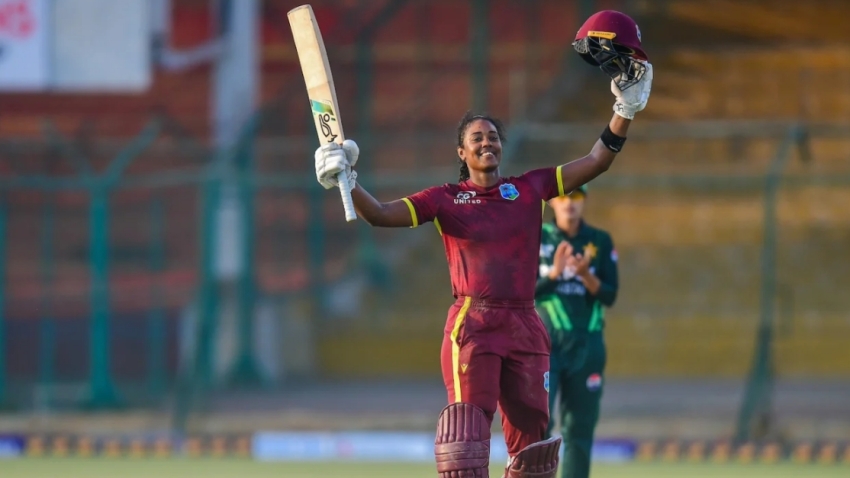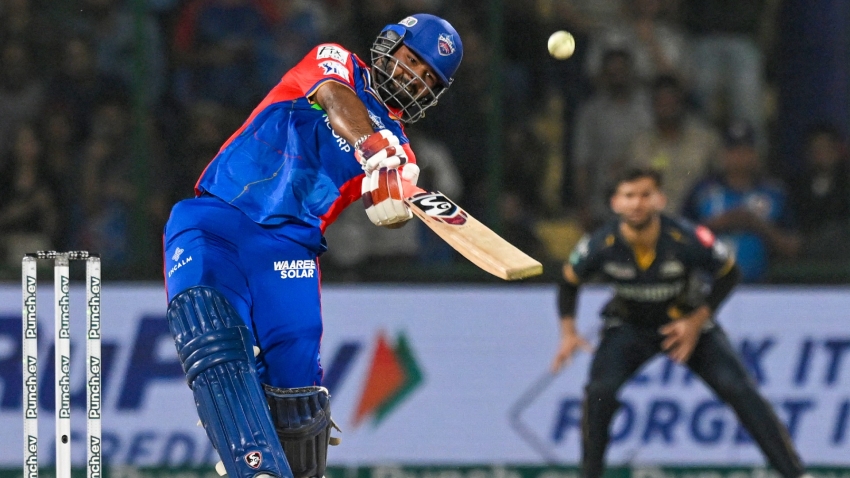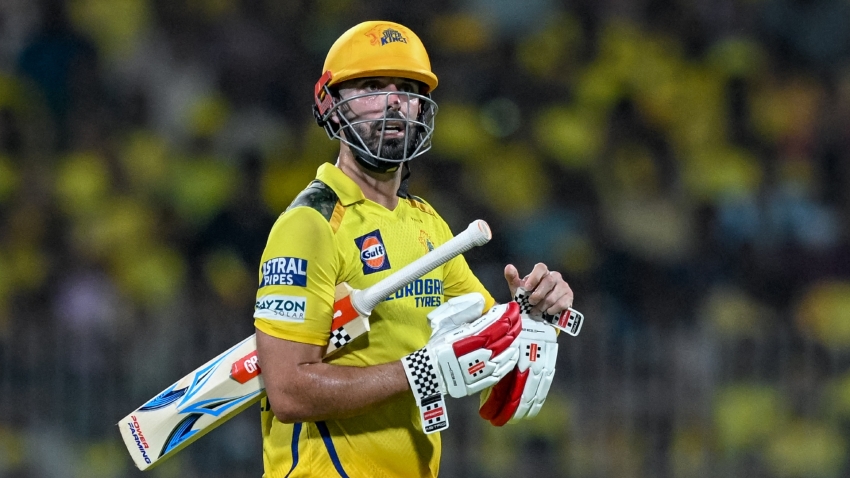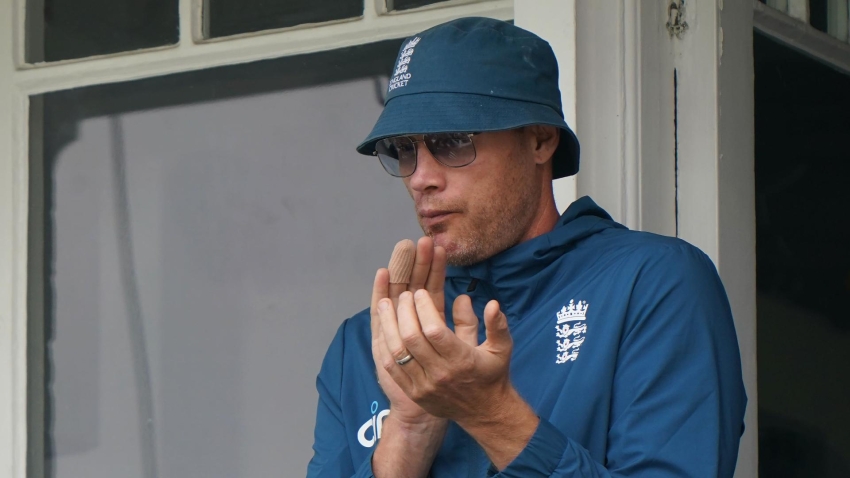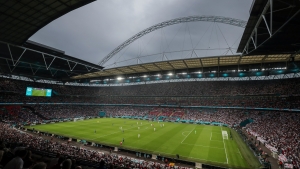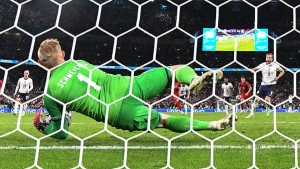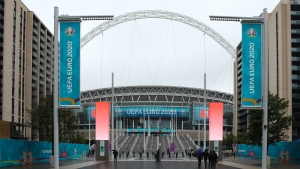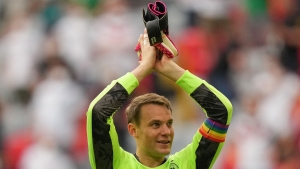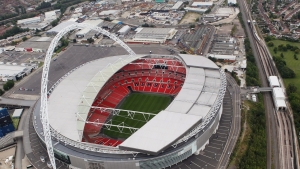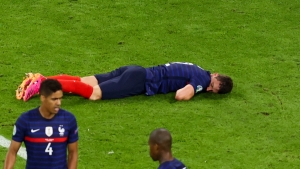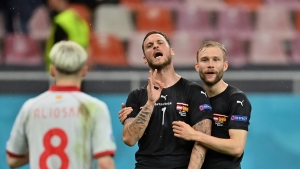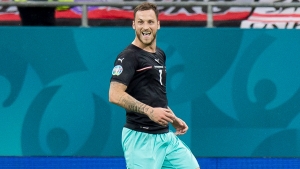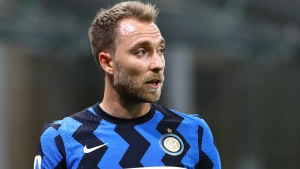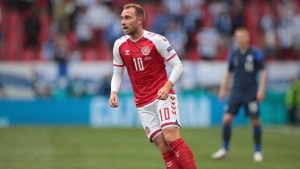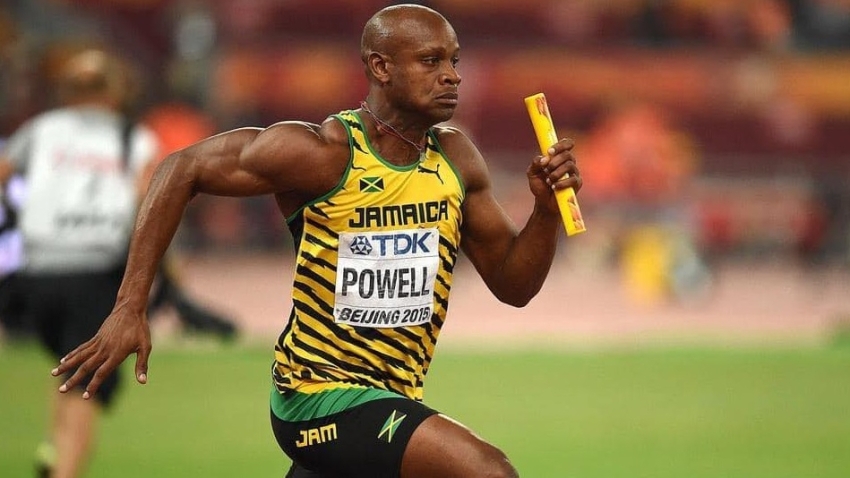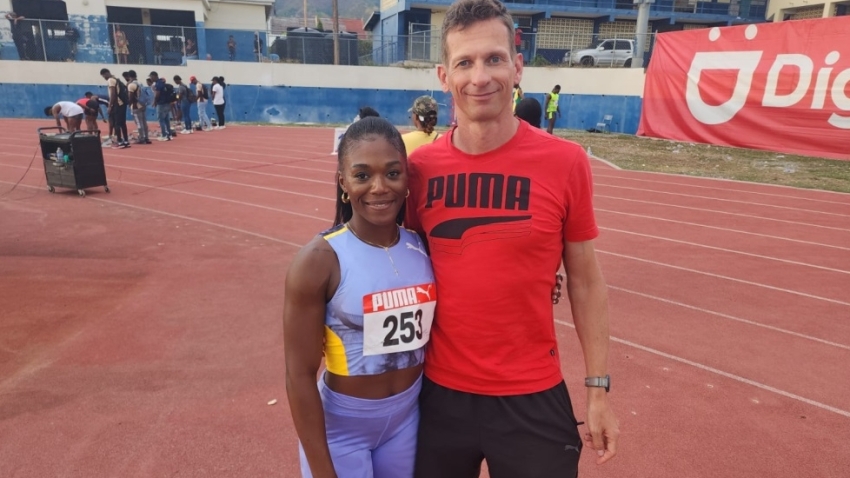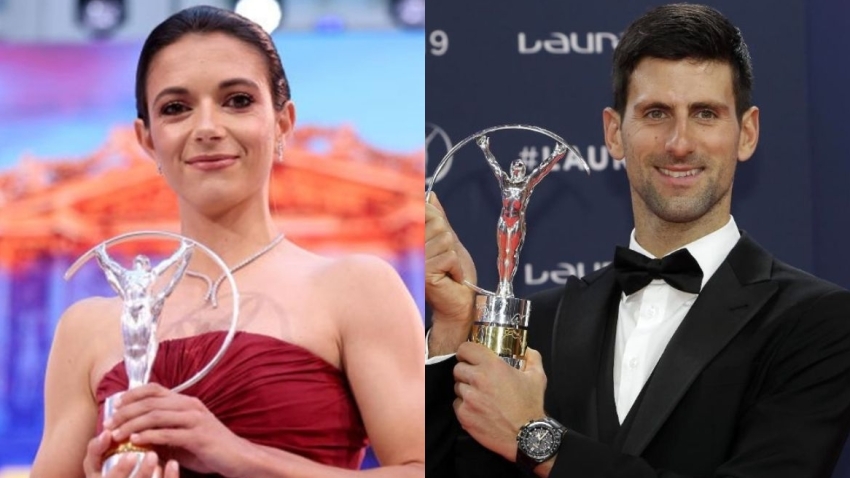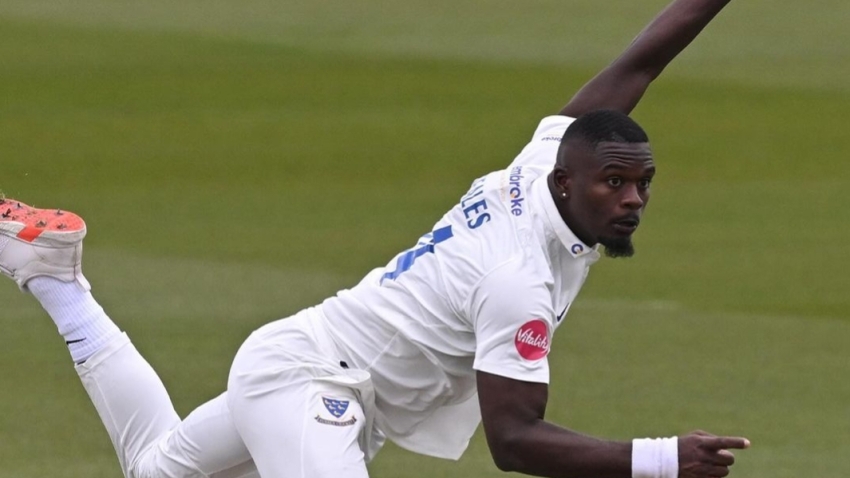UEFA has launched an investigation into "potential discriminatory incidents" during Hungary's opening two games at Euro 2020.
Budapest is one of the host cities for the tournament and Hungary's 3-0 defeat to Portugal and 1-1 draw against France in Group F each took place at the Puskas Arena.
During the Portugal game, images of a banner among the home supporters in the stands reading "ANTI LMBTQ" – referring to the Hungarian language abbreviation for lesbian, gay, bisexual, transgender and queer – circulated on social media. The matter was reported to UEFA by anti-discrimination group Fare.
Before Sunday's game with France, some Hungary fans took part in a pre-match march in Budapest and unveiled a banner opposing the act of kneeling before matches, a peaceful anti-racism protest in which several teams have participated.
Given the latter incident took place outside the stadium, it does not fall under UEFA's jurisdiction.
However, a statement issued by European football's governing body said it was investigating possible acts of discrimination inside the Puskas Arena from both matches.
The statement read: "In accordance with article 31(4) of the UEFA disciplinary regulations, a UEFA ethics and disciplinary inspector has been appointed to conduct a disciplinary investigation regarding potential discriminatory incidents which occurred in the Puskas Arena, Budapest, during the 2020 European Championship group stage matches between the national teams of Hungary and Portugal on 15 June 2021 and between the national teams of Hungary and France played on 19 June 2021.
"Information on this matter will be made available in due course."
The incidents occurred within a highly-charged atmosphere in Hungarian politics at present, in relation to the agenda of prime minister Viktor Orban's right-wing government.
Orban's Fidesz party promotes a Christian-conservative policy platform and last week passed legislation banning schools from activities deemed to promote homosexuality or gender reassignment.
The prime minister has also spoken out about "this kneeling business", claiming the act is one of "provocation" because Hungary does not have a history of slavery.
"If you're a guest in a country then understand its culture and do not provoke it," Orban told a news conference. "Do not provoke the host.
"We can only see this gesture system from our cultural vantage point as unintelligible, as provocation."
A report by The Times on Friday identified Budapest as a possible alternative host to Wembley for the final stages of Euro 2020, amid apparent UEFA concerns regarding the need for overseas attendees to quarantine in line with the UK's COVID-19 restrictions.
UEFA said it was "confident" the semi-finals and final would still take place at England's national stadium as it continued to discuss with the UK government "a strict testing and bubble concept that would mean [fans'] stay in the UK would be less than 24 hours and their movements would be restricted to approved transport and venues only".
UEFA added that a "contingency plan" was in place if an agreement cannot be reached, although it did not specify Budapest or any other alternative venue.


